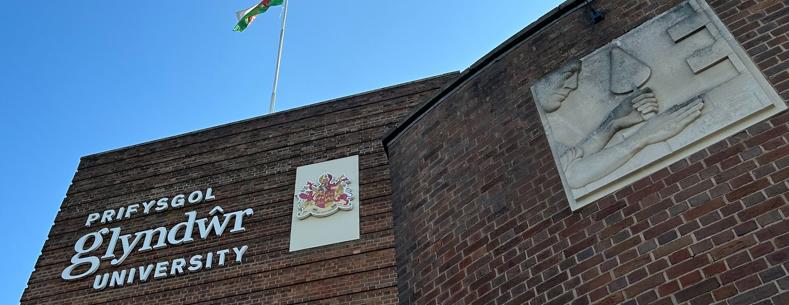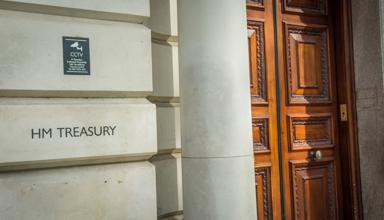Ahead of next year’s Welsh budget, the Senedd will debate the Welsh Government’s spending priorities on Wednesday 12th July.
The rising cost of living and impact of high inflation are a stark background for the Finance Committee to lead the debate, which will be informed by its recent public engagement activities. This article highlights the priorities for stakeholders who took part in these events.
How have the public taken part?
The engagement activities carried out by the Finance Committee are designed to give the public and stakeholders more influence on budgetary decisions, ahead of the Welsh Government’s spending plans becoming finalised.
This year the Committee’s public engagement strategy has included:
- an external stakeholder event at Wrexham Gylndŵr University
- an online workshop with members of the Welsh Youth Parliament
- focus groups with organisations and individuals facilitated by the Senedd’s Citizens Engagement team
A summary of the Committee’s engagement is available on the Finance Committee webpage.
What should be the key priorities be for the next Draft Budget?
The stakeholder event at Wrexham Glyndŵr University highlighted several key fiscal concerns, including:
- the impact of a lack of capital investment, exacerbated by high inflation, on planned infrastructure projects in the public sector;
- how public sector pay awards will be funded and the impact of this on strategic planning;
- the need for Welsh Government to adopt a more strategic approach when administering grants, as too many smaller grants are received later in the year which cause difficulties for planning
Some of the priority issues raised by participants at the stakeholder event included:
- providing support for students and teachers in the education sector, with concerns regarding under-funding for adult education, developing apprenticeship programmes and providing mental health support for students;
- the need to increase capacity in the education curriculum to maximise workforce training;
- targeting funding to meet the challenges faced by the NHS and social sector with an emphasis on collaborative working on frontline service to improve workforce planning and funding support for medical trainees;
- how overspends by health boards may impact local government services, the future of funding for schemes such as the defibrillator network, better funding for medical research;
- local government representatives highlighted insufficient resources in the face of mounting policy and funding pressures;
- increases on the demands placed on local government services, including homelessness, adult social care and education;
- the wider impact across society of the cost of living, including the impact on women and girls;
- prioritising funding for community-led solutions, such as warm hubs and play initiatives, highlighting prevention is needed to tackle the root causes of poverty and inequality;
- moving away from ad-hoc to considered funding for the voluntary sector, which are providing essential services during the cost of living crisis;
- realising Wales’ potential regarding renewable energy and preparing for a switch towards a green economy
Five members of the Welsh Youth Parliament (WPY) attended a workshop with the Finance Committee on 29 June 2023 to discuss their views and concerns.
Areas where WYP members agreed spending should be prioritised included health and social care, education, local government, housing/homelessness, transport and the increased cost of living .
WYP Members had mixed views on whether spending should be prioritised for climate change, the economy and rural affairs. There was a general consensus that dedicated spending on the Welsh language, culture and international relations should not be a priority.
The Citizen Engagement Team held nine focus groups and two interviews during June 2023 with 43 participants across Wales. Findings from these sessions included:
- health and social care was prioritised most frequently by participants, closely followed by education and then economy
- children and young people, transport and housing/homelessness were also identified by most of the groups as priorities for funding;
- participants were mainly in favour of increased spending, through some groups argues for maintained spending – a decrease in funding was not raised by any participants;
- improving homes and connecting people were felt to be the most important of the Future Generations schemes outlined by the Future Generations Commissioner for Wales.
What happens next with the Draft Budget?
The Welsh Government has requested a delay to the publication of its Draft Budget for 2024-25 until 12 December 2023, which is planned to come after the publication of a UK autumn budget. The Senedd’s Finance Committee have been critical of this approach.
A final decision on the timing of the budget will be taken by the Senedd’s Business Committee. As we did last year, Senedd Research will publish updates on spending priorities ahead of the Draft Budget, highlight the key points once it’s published and produce an interactive diagram to explore the Draft Budget in more detail.
Looking for more information?
Details of the Welsh Government’s current funding plans is available on its website, Senedd Research has also published an FAQ on the budget process.
The Senedd debate on the Welsh Government’s spending priorities will take place on Wednesday 12 July, you can watch it live on Senedd TV.
Article by Božo Lugonja, Senedd Research, Welsh Parliament






